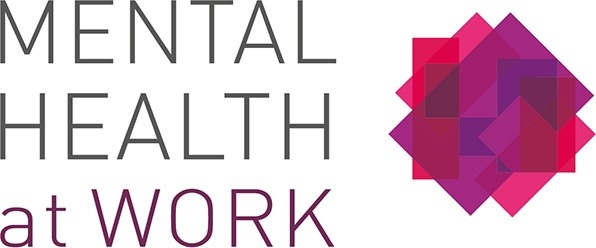Universally, responsibilities and duty of care under the Equality Act 2010 are frequently misunderstood. The majority of employers and managers want to do the right thing, but often don’t know what that looks like and uncertainty around this can lead to paralysis of action. In industries which rely on a high proportion of freelancers or where the working relationship is less clear, such as actors or participants in tv shows, paid or otherwise, this can be overlooked.
A number of actions within the industry have sought to clarify, providing guidance and directives to clear ambiguity and ensure the psychological safety of all in the workplace, which is particularly critical as we move out of restrictions and activity in this sector increases.
Psychological safety in the industry
This is an industry, which is highly reliant on people talent to deliver a quality output the data suggests that currently people are not in optimum mental health. Research in 2019 by the Film and TV Charity(1) highlighted that almost 9 out 10 respondents had experienced a mental health issue, significantly higher than the 6 in 10 in the wider workplace(2). Additionally rates of depression are higher at 64% compared to 42% in the wider workplace and 24% have self-harmed, compared to 7%.
The charity highlights 3 areas of concern :
- Conditions – 1 in 8 respondents had worked more than 60 hours and 78% struggled with work-life balance
- Culture – 82% had experienced or witnessed bullying and 42% who had a mental health issue said that fear of being excluded from future work opportunities had stopped them from seeking help.
- Capability – only 7% of survey respondents (and 2% of freelancers) said they would go to their manager if they had a MH problem and only 14% of those working with vulnerable contributors said they received enough support to manage their own MH
What action should the industry take?
Legally, there is a duty of care in the workplace to notice and act, applying to colleagues, managers and the organisation.
Furthermore in Dec 2020, Ofcom released their revised directive to include the requirement of duty of care not just for employees, but also for participants of reality TV shows, with a particular focus on potentially vulnerable or at risk participants and those involved in activities with a high level of press or social media interest or filmed in an artificial or constructed environment.
This does not mean that employees need to be clinically trained, need to know the specifics of mental illness or find a solution – this is the role of a clinician. It does means that everyone in the workplace needs to know their colleagues well enough to spot changes, which might indicate a mental health issue and then have the confidence and competence to ask a question, which enables someone to talk, and then be kind enough to take the time to listen.
This is a skill, and one which often does not come naturally in a fast paced, problem solving focussed environment. It is a skill, however which can be learnt. Mental Health at Work, design and develop customised programmes, delivered virtually, focussed on line-managers, HR teams and employees, which bring these practical skills to life, through engaging, facilitated workshops. These can be supported by MHaW Mental Health Allies®, providing a confidential listening and signposting resource for employees, freelancers and participants. Before we start, we’ll find out from you, what the issues are in your company, what other initiatives might already be in place and where you most need support and we’ll work with senior leaders and HR teams to ensure everyone knows the role they can play in the success of the programme.
Together, these actions can start to bring natural and open conversations around mental health to the workplace, removing stigma and improving working lives for everyone. Duty of care is everyone’s responsibility and extending this across the supply chain is just the right thing to do.
Source :
- Film and TV Charity Research, Looking Glass Survey, July 2019
- Thriving or Surviving, MHF, 2017
